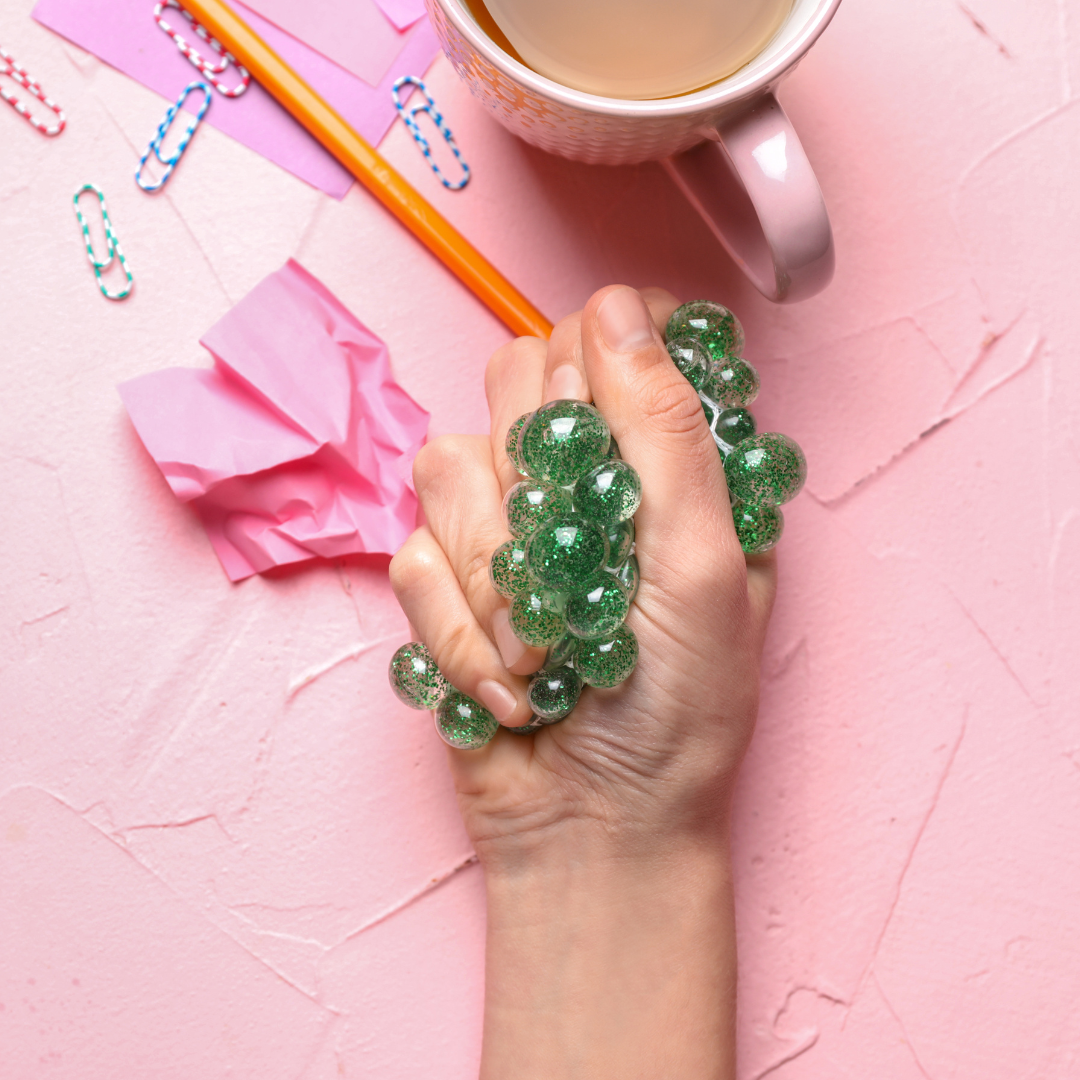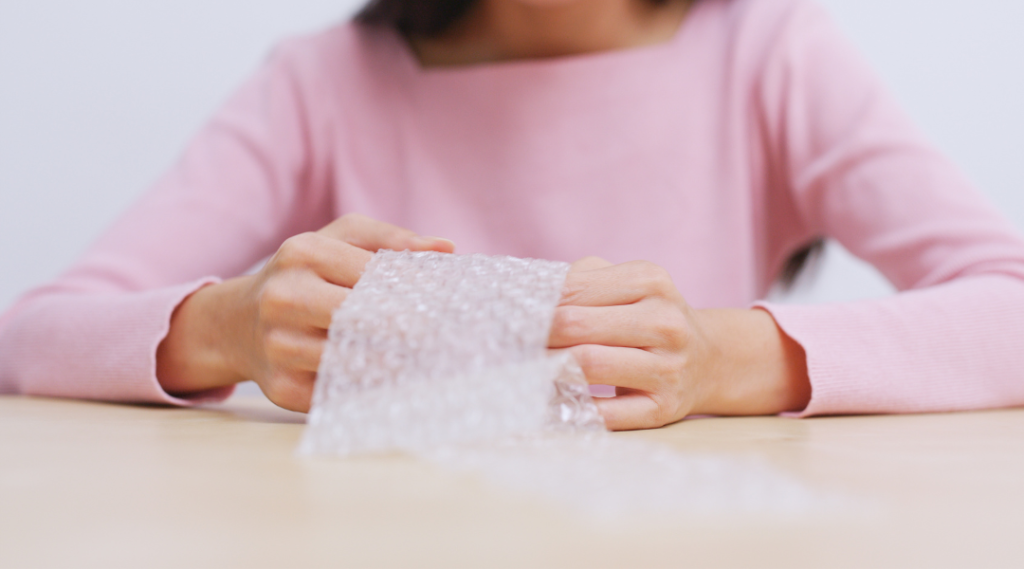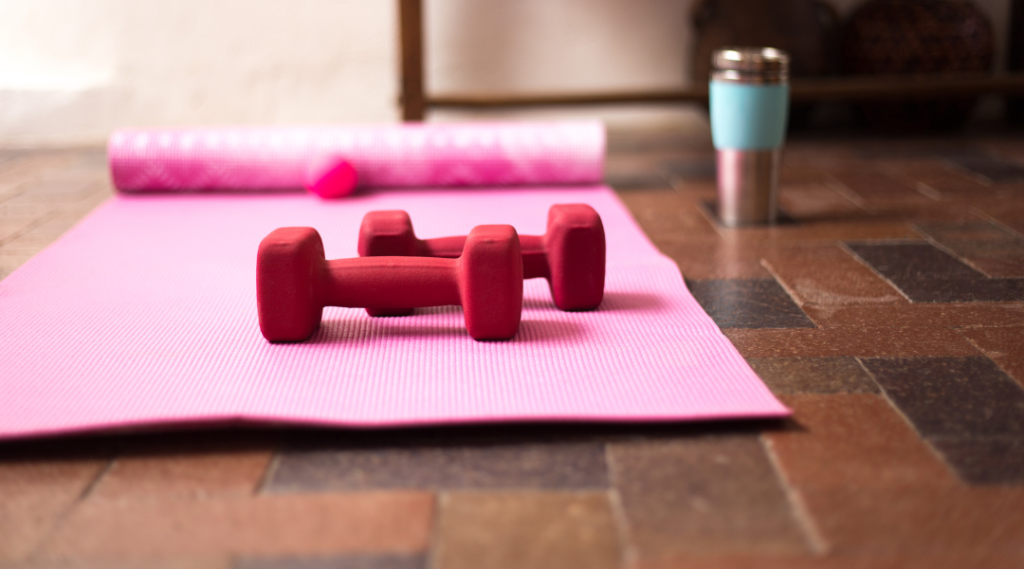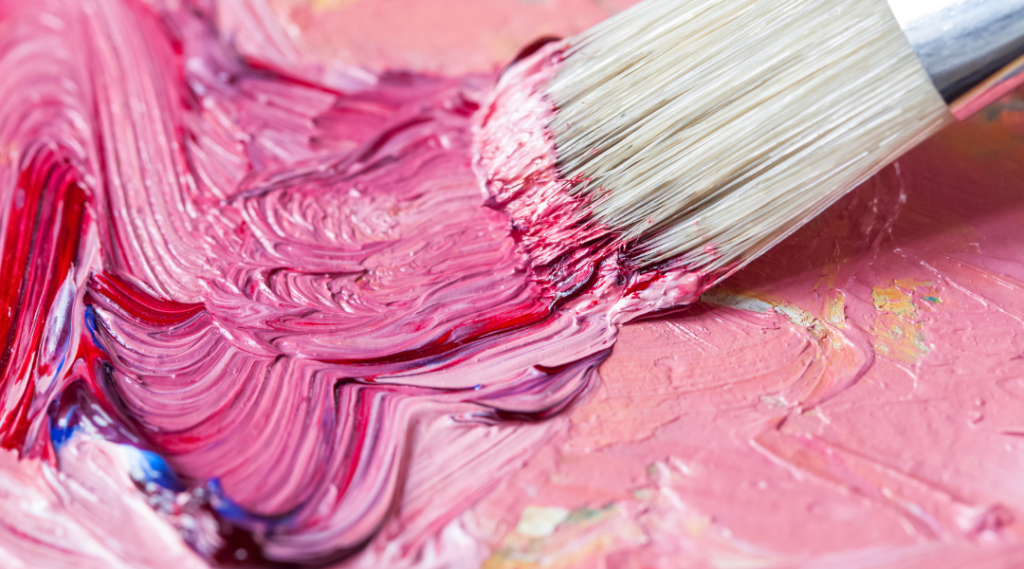Self-Care Relaxation Techniques For Stress Management

Self-Care and Stress Management
In today’s fast-paced world, stress has become an almost constant companion for many of us. The demands of work, personal life, and the ever-present digital connectivity can leave us feeling overwhelmed and mentally exhausted.
However, the good news is that there are effective relaxation techniques that can help manage stress and promote a sense of calm and well-being.
These techniques not only offer a temporary escape from the pressures of daily life but also contribute to long-term mental and physical health to ultimately level up your life.
In this blog post, we’ll be covering:
- Self-Care and Stress Management
- What is Stress Management?
- How Stress Management Is A Form Of Self-Care
- Relaxation Techniques For Stress Management
What is Stress Management?
Stress management refers to the set of strategies, techniques, and activities that individuals employ to effectively cope with and reduce the negative impact of stress on their physical, mental, and emotional well-being. It involves recognizing the sources of stress, implementing proactive measures to mitigate their effects, and adopting healthy habits and practices that promote resilience and a balanced state of mind.
Stress management encompasses a wide range of approaches, from relaxation techniques and mindfulness practices to physical activities, time management, and fostering a strong support network, all of which contribute to maintaining a healthier and more adaptive response to life’s challenges.

How Stress Management Is A Form Of Self-Care
Stress management is a crucial aspect of self-care as it involves taking deliberate steps to prioritize one’s own well-being in the face of stressors and challenges. Engaging in effective stress management techniques is a way of showing oneself care and compassion.
By actively addressing sources of stress and implementing strategies to alleviate its impact, individuals create a foundation of emotional, mental, and physical health.
Stress management is a proactive form of self-care that not only helps prevent burnout and overwhelm but also fosters a positive relationship with oneself, enabling individuals to navigate life’s demands with greater resilience, balance, and a heightened sense of overall well-being.
So…Let’s get into the relaxation techniques already!
Relaxation Techniques For Stress Management
Mindful Mornings
Whether we want to believe it or not, our morning routine has a HUGE impact on how we think, feel, and act for the rest of the day.
Be sure you’re taking the steps towards having a mindful morning, so you can work on practices that reduce stress and anxiety for your day ahead.
Some examples of a mindful morning can include:
- Breathing Exercises
- Stretching
- Staying Hydrated
Technology Detox
A technology detox, otherwise known as a digital detox, is a period of time of reducing or completely eliminating the use of digital devices.
Many studies suggest that continuous exposure to screens and digital demands can lead to information overload and increased stress levels. A technology detox allows us to put a pause on the constant (and never-ending) flow of notifications and helps to provide our minds with a much-needed break.
Need a tech detox in your life? Try out the 3-day digital detox here.
Weekend Relaxation
Melt the stress of a busy week away by indulging yourself in a self-care weekend. Spending time on the weekend to yourself to rest, relax, and recharge acts as a healthy break from the week, and helps prepare you for the next one to come.
Give yourself time to indulge in a self-care Saturday or Sunday and I promise you won’t regret it!
Deep Breathing
One of the most accessible relaxation techniques is deep breathing. By intentionally slowing down and focusing on our breath, we activate the body’s relaxation response. The 4-7-8 technique, for instance, involves inhaling deeply for a count of four, holding the breath for a count of seven, and exhaling slowly for a count of eight. This technique calms the nervous system, reduces heart rate, and encourages a state of tranquillity.
Progressive Muscle Relaxation
Another effective method is progressive muscle relaxation. This involves tensing and then gradually releasing different muscle groups in the body, from head to toe. The process promotes awareness of bodily sensations and helps release physical tension associated with stress. By paying attention to how our muscles feel when they are relaxed, we can cultivate a heightened sense of bodily awareness and relaxation.
Coloring (Yes, For Adults)
Adult coloring, also known as art therapy coloring or adult color therapy, is a creative and relaxing activity that involves coloring intricate designs, patterns, or illustrations using colored pencils, markers, or other coloring mediums (gel pens, markers, etc).
In the last 10 years, adult coloring has significantly gained popularity as a form of therapeutic practice to promote relaxation, reduce stress, and enhance overall well-being. These therapeutic benefits have a direct correlation to our mental and emotional self-care, as they allow us to engage in a focused, meditative state.
This blog post will tell you 20 amazing benefits of adult coloring and has 13 pages of free printables so you can start your coloring journey today!
Reading
Reading a good book requires focused attention. This concentration on the text shifts our focus away from the hustle and bustle of daily life, promoting a sense of mindfulness and calm.
Additionally, engaging with a well-written book transports us to different worlds, times, and perspectives. This mental escapism from our everyday worries and stresses allows our minds to temporarily detach and find respite.
Not sure what to read? Check out this list of self-care books to focus on your mental and emotional self-care.
Yoga
Practicing yoga is a wonderful activity to reduce stress and attend to self-care. Find a quiet and comfortable space, lay down a mat or towel, and engage in gentle yoga poses and stretches.
Pay attention to your breath as you move through each pose, focusing on relaxation and releasing any tension in your body. Yoga combines physical movement, breath control, and mindfulness, helping to calm your mind, improve flexibility, and promote a sense of inner peace. It’s a holistic practice that can effectively alleviate stress and leave you feeling rejuvenated and centered.
Want to start your yoga journey from home? You can find amazing online yoga classes over at DoYogaWithMe.com for free.

Mindfulness meditation
Mindfulness meditation is gaining significant popularity as a stress management tool. This technique encourages us to be fully present in the moment, observing our thoughts, feelings, and sensations without judgment. Regular mindfulness practice can help rewire the brain, making us less reactive to stressors and more capable of managing challenging situations with clarity and composure.
Ecotherapy
For those who find solace in nature, ecotherapy offers a unique approach to relaxation. Spending time outdoors, whether in a park, garden, or forest, has been shown to reduce stress and promote a sense of well-being. Nature provides a soothing environment that allows us to disconnect from the digital world, reconnect with ourselves, and gain perspective on the bigger picture of life.
Artistic Expression
Artistic expression can also serve as a powerful stress management tool. Engaging in creative activities such as painting, drawing, or playing a musical instrument can be both relaxing and therapeutic. These activities shift our focus away from stressors and provide an outlet for emotions that might be difficult to express verbally.

Creative Journaling
Engaging in creative journaling is an effective activity to reduce stress. Find a quiet and comfortable space, grab a notebook or journal, and let your thoughts flow onto the pages. Write about your feelings, worries, or anything that’s on your mind without judgment or concern for grammar or structure.
You can also explore positive experiences, aspirations, and things you’re grateful for. This process helps you release pent-up emotions, gain clarity, and reflect on your thoughts. Over time, journaling can provide a sense of catharsis, promote self-awareness, and offer a healthy outlet for managing stress.
Nature Walk
Engaging in a nature walk or spending time outdoors is a wonderful activity to reduce stress. Take a leisurely stroll in a park, forest, or any natural setting you have access to. Pay close attention to the sights, sounds, and sensations around you. Breathe in the fresh air and allow yourself to be fully present in the moment. Nature has a calming effect on the mind and body, and this activity can help lower stress hormones, improve mood, and provide a welcome break from daily pressures.
Practice A Night Time Routine
Better sleep plays a pivotal role in reducing stress due to its profound impact on our physiological and psychological well-being. When we consistently achieve high-quality sleep, our bodies have the opportunity to restore and rejuvenate, effectively lowering the levels of stress hormones like cortisol.
Additionally, improved sleep enhances our cognitive functions, emotional resilience, and ability to regulate emotions, which collectively contribute to a more balanced response to stressors. This positive cycle establishes a foundation for improved coping mechanisms, clearer thinking, and greater overall mental and emotional stability, ultimately mitigating the negative effects of stress and promoting a sense of well-being.
Be sure to also reduce your screen time before bed with these 12 effective tips.

Conclusion
Incorporating relaxation techniques into our daily routine doesn’t require a significant time investment. Even a few minutes of deep breathing, mindfulness, or engaging in a creative activity can yield noticeable benefits.
The key is consistency; practicing these techniques regularly enhances our ability to manage stress and cultivates a greater sense of emotional resilience.
In conclusion, the hustle and bustle of modern life can take a toll on our well-being, but relaxation techniques offer a way to counteract the effects of stress.
From deep breathing and progressive muscle relaxation to mindfulness meditation, spending time in nature, and embracing creative expression, there are various methods available to help us find a moment of calm amidst the chaos.
By making these techniques a part of our daily routine, we empower ourselves to manage stress effectively, nurture our mental and emotional health, and lead more balanced and fulfilling lives.
Like this blog post? Be sure to check out 100 Ways To Improve Your Self-Care Habits or Why Social Interaction Is A Form Of Self Care
Pin This Post!

About The Author
With a personal passion for self-care and beauty, Camila started thepocketdiary.com to write with all women in mind to share the best tips, tricks and knowledge in the industry of self-care and beauty. Get in touch with Camila here.